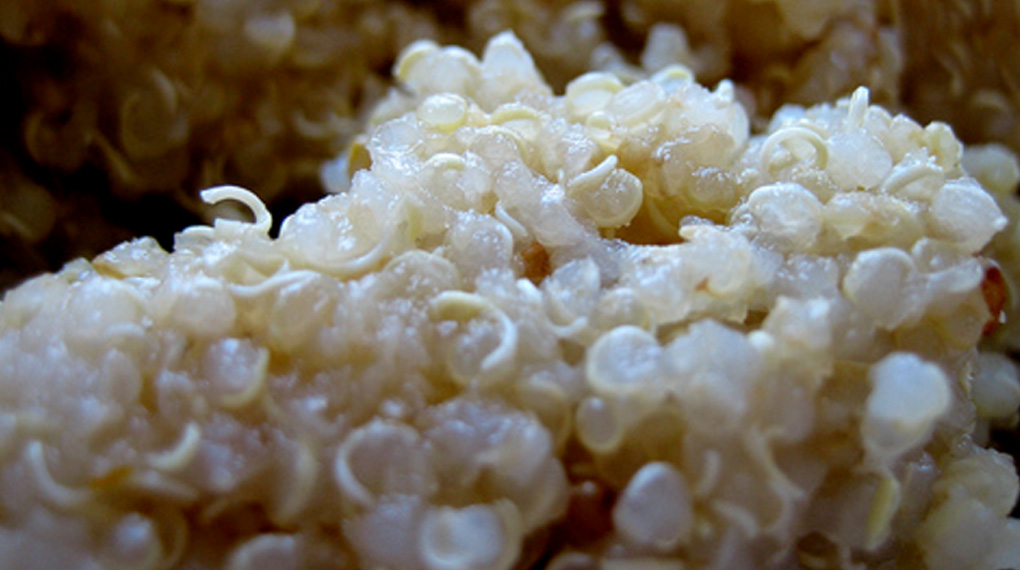Dietary and nutritional content reviewed by Jasmin Gorostiza, DT, DM, DSS, CFPP.️

Protein is a very important nutrient. It plays an essential role on how our body functions. For optimal health, our body needs protein.
The most common source of protein is meat. That’s why our moms always made us eat meat. Meat has become a very important element of a healthy diet.
Now, that doesn’t mean that we have to eat it all the time to get our daily dose of protein. We can actually have a diet that’s devoid of meat and still get a healthy dose of protein.
Meat isn’t the only source of protein. There are lots of other sources and they taste just as good. Furthermore, they’re pretty easy to find as well.
We can enjoy a meatless diet without missing out on protein. Here are the 10 protein-packed alternatives to meat.
10. Quinoa
Though one cup of cooked quinoa has the same eight grams of protein as a cup of white pasta, quinoa has double the amount of fiber. Aim for five grams per serving to keep a digestive system healthy.
9. Grains
All healthy diets should incorporate grains, which fuel the body with carbohydrates, vitamins, minerals and protein. Stick with whole grains because they have more fiber, potassium, magnesium and selenium than refined ones (for example, pastas and breads made from white flour).
8. Cheese
Cheese is another great way to sneak protein into a healthy diet. Skim and one percent cottage cheese have about 20 grams of protein per five ounce serving, making it a healthy go-to snack.
7. Milk
Consider skipping the whole milk and sticking with low-fat or skim varieties, which have eight grams of protein per cup — and less cholesterol. Chocolate lover? Who isn’t?! Experts say low-fat chocolate milk makes an ideal post-workout snack due to the combination of carbohydrates and protein, which help muscle recovery.
6. Yogurt
Try Greek yogurt, which provides five to seven more grams of protein per six ounce serving compared to regular yogurt. A six-ounce cup of Greek yogurt has the same amount of protein as a two to three ounces serving of lean meat.
5. Dairy
Milk-based products contain calcium, which is a key nutrient needed to build strong bones. Be on the lookout for low-fat or fat-free products (without added sugar) or ones that are fortified with Vitamin D, which aids calcium absorption.
4. Chickpeas
While there are a variety of colors, the most popular is beige, which has a somewhat nutty flavor. Add them to leafy greens or pasta salads, make a chickpea salad, or use them to make homemade hummus. One cup packs 14.5 grams of protein.
3. Black Beans
One cup of boiled black beans has approximately 15 grams of protein. Just remember, if we buy dried black beans, we’ll need to soak them for at least four hours, and then simmer them over heat before eating them up.
2. Lentils
A staple of Indian cuisine, lentils pack a punch of protein — coming in at 11 grams per cup, boiled. Unlike most beans that need to be pre-soaked, lentils are OK to cook right away.
1. Legumes
Legumes such as beans, lentils and chickpeas are fiber all-stars. They tend to be inexpensive and can be purchased at a local store in the canned or dried goods section.
The 10 protein-packed alternatives to meat were taken from the article written by Alex Orlov. He had actually listed down 14 protein-packed alternatives to meat on his article. You can click here to read the full article on DailyBurn.com.

